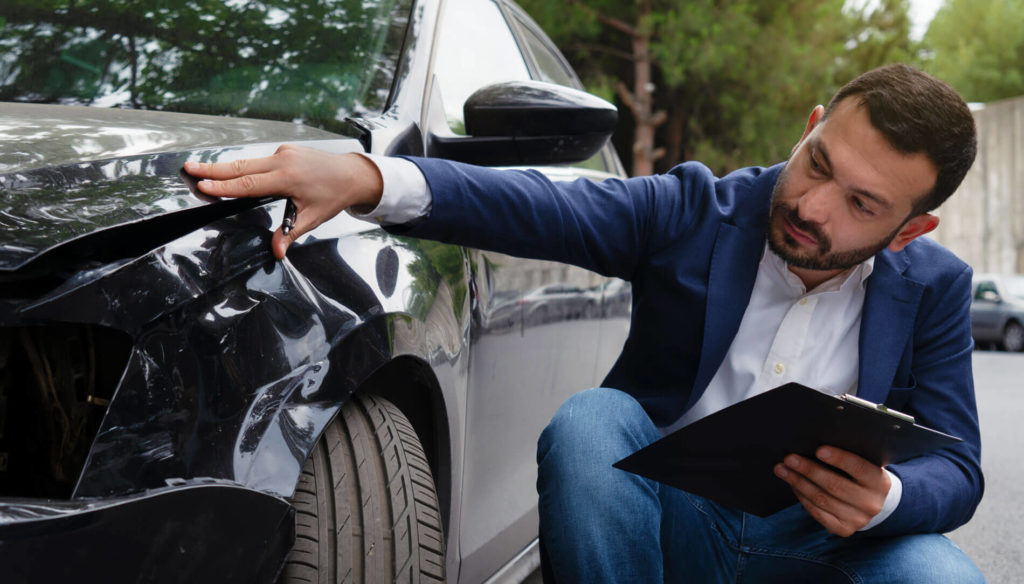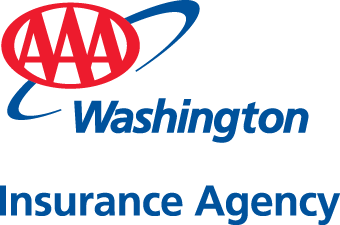11 Things You May Not Know About Car Insurance
If you own a vehicle, you have car insurance — it’s required by law. But even though you pay monthly premiums for this coverage, how well do you understand your policy? Perhaps not as well as you might think. Insurance agents themselves need ongoing training to stay current with the latest changes in the industry, so it is understandably difficult for the average person to stay on top of insurance changes and details. Here are 11 points about car insurance that you may be surprised to learn.
Not-at-fault accidents still count
Imagine, you’re on your morning commute and a driver rear-ends you out of the blue. This is an incredibly annoying start to your day, but at least you’re not at fault, and it won’t affect your insurance. Wrong. Accidents in which you absolutely have no fault still count against you in the eyes of your insurance company.
Even though the other driver’s insurance is likely to pay out and your insurance won’t have to intervene, the crash still becomes part of your driving history, which underwriters consider when pricing your premiums. If you get in a lot of not-at-fault accidents, an insurance company may consider not renewing your policy.
Trucks and vans trigger heavy premiums
You may be aware that high-powered sports cars cost more to insure because of their alluring — and potentially dangerous — top speeds. But there’s another class of vehicle that can raise your rates: vans and trucks. The reason for this is that a big, bruising vehicle is capable of causing more damage when involved in a crash than a smaller, lighter vehicle. And a potential for more damage means the insurance company needs to charge you more for your premiums to cover their risks.
On a side note, the color of a vehicle has no effect on insurance rates, despite the common misconception that red cars will cost you more to insure.
Tickets won’t necessarily cost you
You might assume that getting caught speeding would have immediate negative effects on your insurance rates, but the truth is that your insurance company may never find out about an occasional ticket. Insurance companies typically check your Motor Vehicle Report (driving record) when first writing your policy, so if you stay with the same company for a long time, odds are your driving record won’t be checked again for years — if ever.
If you give the insurance company a reason to think you’re a risky driver, such as at-fault claims, this probably will trigger a check into your driving record sooner than later. Of course, you should never speed regardless of whether it affects your insurance or not.

Cellphone infractions are serious
Smartphones have become a mainstay in everyday life, and they also have become a serious risk on the roadway. According to a AAA study, cellphone use behind the wheel can make a driver seven times more likely to rear-end another vehicle. It’s no wonder then that when an insurance company checks your Motor Vehicle Report, a ticket for using your cellphone while driving is one of the biggest red flags. Even if you’re a responsible driver with a clean record otherwise, a cellphone infraction can raise your rates or cause an insurance company to refuse you coverage or non-renew you.
You may buy your car from the insurance company
When a car is totaled (damaged to the point that it’s not worth repairing), the insurance company will write the owner a check for the car’s pre-crash value, minus the deductible, and the owner can use that money for any purpose. But did you know that the insurance company also may offer to sell you back your own totaled vehicle at a much lower price? This is simply the fastest, easiest way for the insurer to get value out of the totaled vehicle. This may seem like a good deal, especially if you know someone who can perform the necessary repairs cheaply.
There are pitfalls, however. It can be difficult or impossible to insure a vehicle that has been totaled, and trying to resell it may be problematic as the vehicle will have a “salvage” title that denotes it was totaled.
A teen can multiply your premium
It is not that surprising to learn that adding a teen driver to your car insurance policy raises your rates — after all, teen crash rates are higher than those of any other age group. But just how significantly a teen driver affects your rates might shock you: it’s not uncommon for a policyholder’s premium to double or even triple when a young driver is added. This speaks to the fact that insurance companies must charge enough in premiums to adequately cover their risks, and teen drivers pose one of the greatest risks on the road.
All potential drivers affect your policy
If your teen isn’t allowed to drive certain family vehicles, or you live with an elderly parent who still has their license but no longer drives, you may assume you can skip adding these drivers to some of your car insurance policies to save money. Any person who is related to you, lives in your home, and has a driver’s license is required to be listed as a driver on all of your car policies. Insurance companies have this requirement because they have no way of knowing if those relatives are driving a given vehicle or not.
We don’t recommend that you exclude drivers from a policy by specifically naming them, because if you do and they get in an accident, you and they won’t have any protection. In addition, your rates might still increase.
Think before lending your car to household members
If you own a vehicle, especially a truck, your friends or family are likely to ask to borrow it. Luckily, most car insurance policies include specific coverage for “permissive use,” which covers a driver who borrows your vehicle with permission. But keep in mind that even in the case when your friend who borrowed your car gets into an accident with it, that will stay on your insurance history – not theirs.
In addition, if you’re counting on this permissive use coverage to protect you when your teen borrows the car for a weekend joyride, you’ll be out of luck. Permissive use is only for situations where the driver does not have regular access to your vehicle — household members don’t count, and they need to be added to your policy by name.
Buy insurance even if you don’t own a car
Even if you don’t own a car, you may want to purchase car insurance. If you use a car-sharing service like Zipcar, the liability insurance included with the use of their vehicles may offer only state-minimum limits. If you were to cause a crash that seriously injured another driver, this coverage may not cover medical costs, not to mention the millions of dollars that could be sought in a lawsuit.
If you drive rental cars frequently for work, insurance purchased at the rental counter is better, usually offering liability coverage up to $1 million. This coverage, however, is not cost-effective, and you still may want a higher liability limit. Purchasing reasonably priced “non-owner” insurance from your agent probably will save money and provide more peace of mind.

You should ask your agent before filing a claim
When your car is minimally damaged — from a fender bender, a smash-and-grab break-in, or an accidental scratch — it’s sometimes best to repair the vehicle on your own dime, without making an insurance claim, especially when the repair would fall below your deductible limit. Even for more serious crashes, as long as the other driver is at fault — and their insurance will cover the damages — it may be best to leave your coverage out of the equation unless necessary. Of course, every situation is unique, so the absolute smartest first step any time your vehicle is damaged is to ask your agent how to proceed.
Don’t drive It? Suspend coverage, but …
If you own a vehicle, but you don’t drive it, suspending coverage can be a smart way to save money. Leave your comprehensive coverage intact to protect against theft or damage to the vehicle while it’s parked, but suspend your liability and other coverages that protect you on the road. Just remember to reinstate coverage before you drive the vehicle again.
No matter how short the trip, it’s simply too risky to be on the road without full protection. You even may want to put a note on the dash that says “No insurance. Do not drive!” Note that insurance companies prefer that clients only suspend and un-suspend coverage once or twice a year at most; insurance isn’t meant to be turned on and off frequently, like a light switch.
– Written by Matt Forrest, last updated in November 2022.

